Hispanic/LatinX Heritage Month 2020: Scientist Spotlights
In celebration of National Hispanic Heritage Month we are taking the opportunity to highlight and celebrate Hispanic/LatinX scientists that have made great contributions to the scientific field. We will review the life and work of five incredible scientists.
Dr. Jacinto Convit
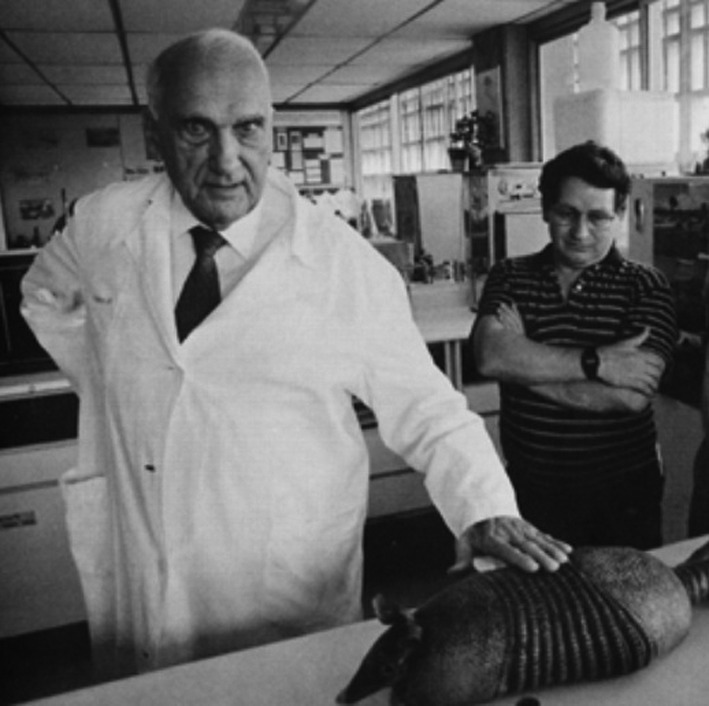
The first scientist in our HispanicHeritage/LatinX series is Dr. Jacinto Convit. Jacinto Convit (b.1913, d.2014) was a Venezuelan scientist and physician that achieved distinction due to his work in developing vaccines to treat leprosy, an infectious disease that causes disfiguring skin ulcers, and the tropical skin disease leishmaniasis, a human protozoal infection spread by the bite of a sandfly. Dr. Convit was also known for his generosity, providing his treatments and services free of charge to those that were unable to pay. WHO appointed Convit to lead the global effort in leprosy in 1971 and by 2000 they had reached their goal of reducing leprosy to less than one case per 10,000 people worldwide!
Dr. Enrique M. De La Cruz
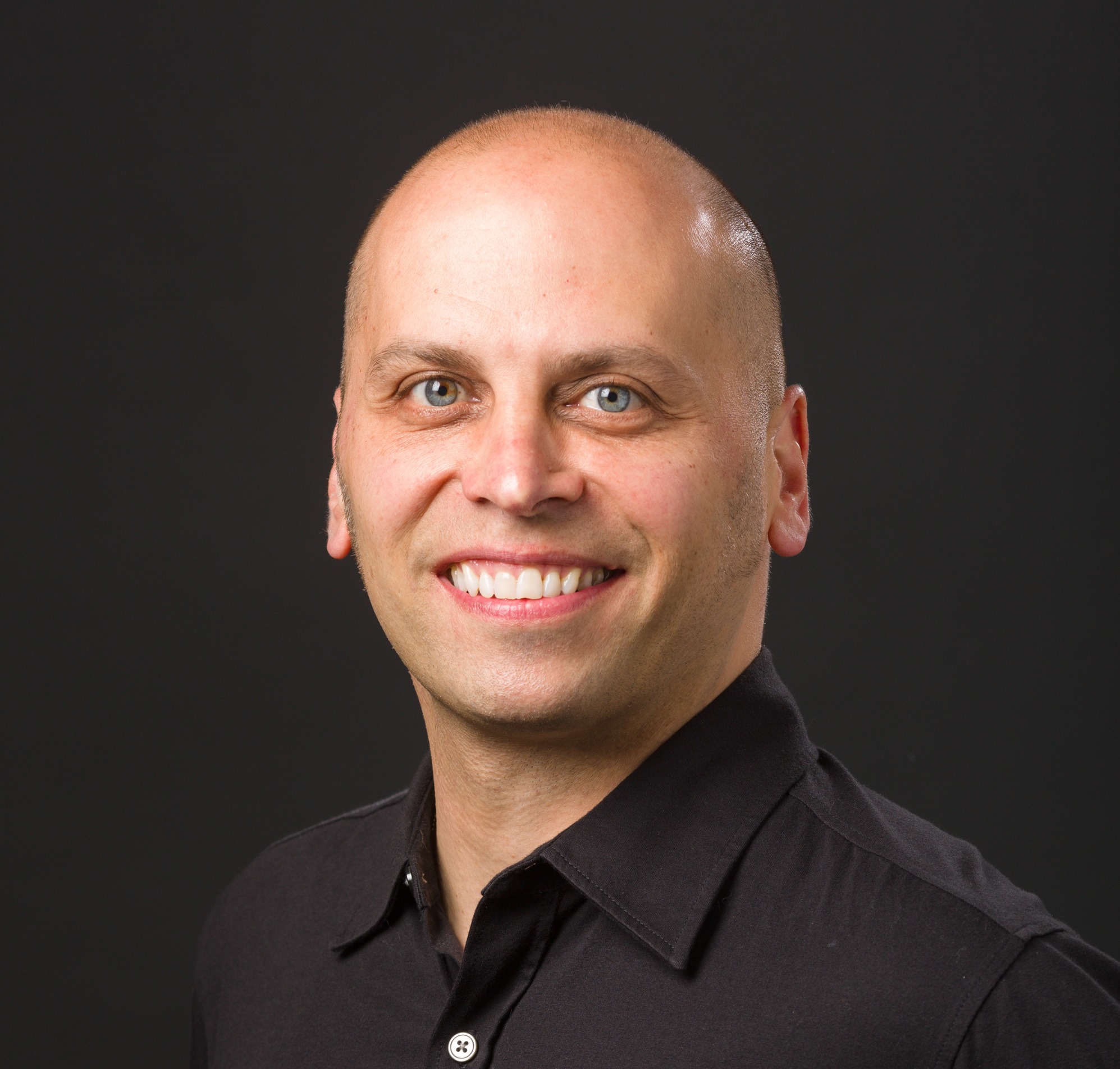
The second scientist we are celebrating is Enrique M. De La Cruz, PhD. Dr. De La Cruz is a professor in the Department of Molecular Biophysics and Biochemistry (MB&B) and Head of Branford College at Yale University. He is a first-generation Cuban-American who was raised in Newark, NJ. Dr. De La Cruz’s research focuses on the actin cytoskeleton, molecular motor proteins, and nucleotide signaling enzymes. Dr. De La Cruz is actively involved with various scientific societies, journals and peer review committees, and actively participates in a number of outreach activities focused on enhancing minority participation and career development in the sciences.
Read more about Dr. De La Cruz.
Dr. Mario José Molina
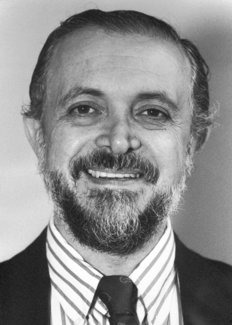
Next up, we want to recognize Mario José Molina, PhD. Dr. Molina is the first Mexican-born scientist to be awarded a Nobel Prize in Chemistry along with chemists F. Sherwood Rowland and Paul Crutzen for research in the 1970s concerning the decomposition of the ozonosphere which shields Earth from dangerous solar radiation. The discoveries of Molina and Rowland—that some industrially manufactured gases deplete the ozone layer—led to an international movement in the late 20th century to limit the widespread use of chlorofluorocarbon (CFC) gases, commonly known as Freon. Dr. Molina recently passed away on October 7, 2020.
Dr. Ellen Ochoa
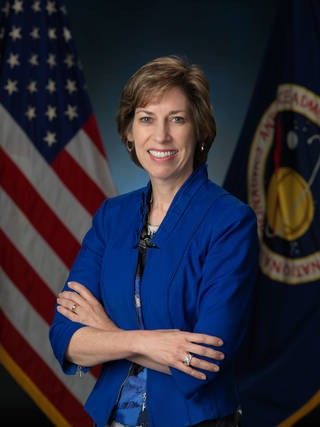
The fourth scientist we are celebrating for our Hispanic/LatinX Heritage series is Dr. Ellen Ochoa. In 1993, astronaut Dr. Ochoa became the first Hispanic woman to go to space. She first served on a nine-day mission aboard the space shuttle Discovery where she and a team of astronauts studied the Earth’s ozone layer, then returned to space three more times, spending nearly 1,000 hours in orbit. Today, Dr. Ochoa serves as the first Hispanic and second female director of the Johnson Space Center in Houston, Texas. She has been recognized with NASA’s highest award, the Distinguished Service Medal, and the Presidential Distinguished Rank Award for senior executives in the federal government. Dr. Ochoa has received many other awards and is especially honored to have six schools named for her.
Dr. Helen Rodríguez-Trías
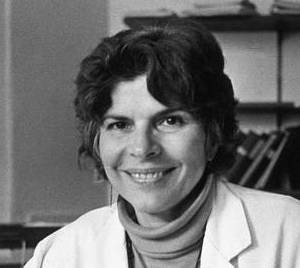
The fifth and final scientist we are celebrating for this Hispanic/LatniX Heritage series is Dr. Helen Rodríguez-Trías.
Born in New York in 1929, Puerto Rican-American Dr. Rodríguez-Trías spent her early years in Puerto Rico, returning with her family to New York when she was 10. Through her efforts to support abortion rights, abolish enforced sterilization, and provide neonatal care to underserved people, Dr. Rodríguez-Trías expanded the range of public health services for women and children in minority and low-income populations in the United States, Central and South America, Africa, Asia, and the Middle East. In January 2001 she received a Presidential Citizen’s Medal for her work on behalf of women, children, and people with HIV and AIDS.
Read more about Dr. Rodríguez-Trías
With the work of the scientists we’ve highlighted here and so many more, the world is healthier and safer. Thank you for celebrating Hispanic/LatinX Heritage month with us. You can discover more Hispanic/LatniX scientists and their contributions to science here.